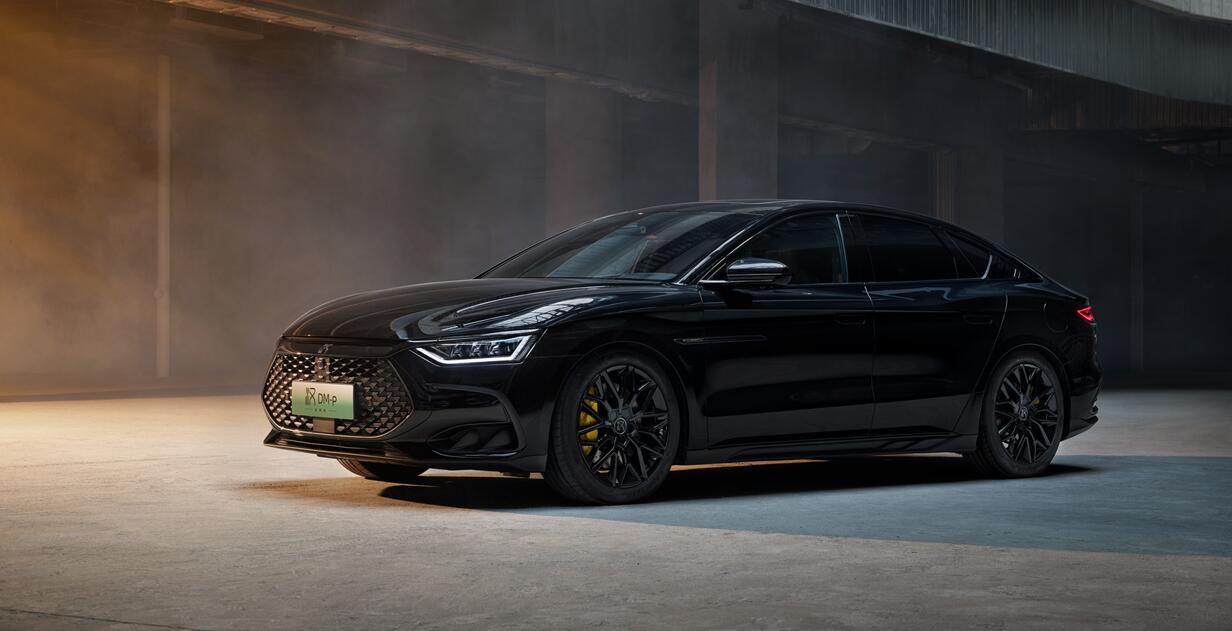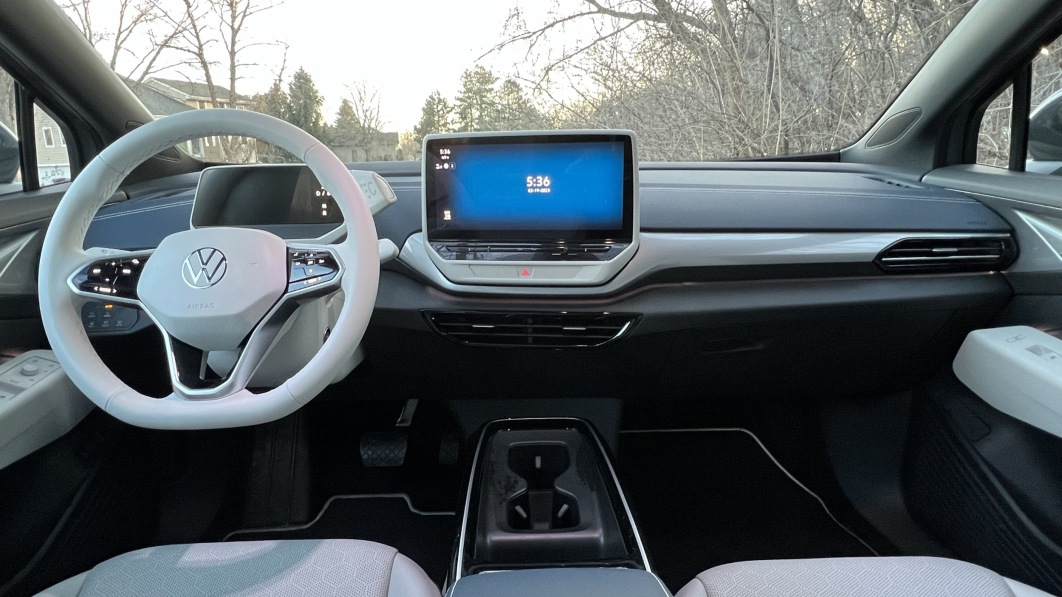Discounts on passenger cars in China continued to expand in April, but the industry is seeing some positive changes heading into May.

(Image credit: CnEVPost)
The price wars that erupted in the Chinese auto industry in March carried over into April. However, analysts see fewer car discounts heading into May.
Discounts on passenger cars in China continued to expand in April, but the industry saw some positive changes heading into May, with price competition, especially for fuel vehicles, expected to ease, said CITIC Securities analyst Zhang Ruohai's team in a research note today.
These changes include the fact that some automakers are no longer offering increased discounts to dealers, and have even scaled back compared to the first quarter, according to the team.
With China allowing some fuel models based on existing emission standards to extend their sales period by six months until the end of this year, there is much less urgency for these models to clear inventory in the short term, the team noted.
In addition, inventory levels in the Chinese auto industry fell in April, with dealer inventory levels returning to a relatively balanced position, the team said.
From January to April, discounts offered by the Chinese auto industry were generally increasing, with actual selling price to manufacturer guide price ratios of 91.3 percent, 92.4 percent, 90.8 percent and 90.2 percent, respectively, according to an indicator compiled by the team.
This means that in addition to the price pickup in February, discounts expanded in March and April, the team said, adding that the indicator was 88.1 percent and 87.3 percent for fuel cars and 96.84 percent and 96.78 percent for new energy vehicles (NEVs) in the past two months, respectively.
Against the backdrop of overall weak consumer demand for cars, the price wars had a boost to sales of some models, but depressed total sales as consumer wait-and-see sentiment increased, according to the team.
In March, when the price war was at its most intense, Chinese passenger car retail sales were 1.587 million units, up 0.3 percent year-on-year and up 14.3 percent from February, according to the China Passenger Car Association (CPCA).
In April, China's passenger car retail sales were 1.63 million units, up 55.5 percent year-on-year and up 2.5 percent from March.
From May 1 to 14, China's passenger car retail sales were 706,000 units, up 55 percent year-on-year and up 24 percent from the same period last month, according to data released yesterday by the CPCA.
The post Price competition in China auto industry poised to ease in May, analysts say appeared first on CnEVPost.
For more articles, please visit CnEVPost.



 Drivers of the Porsche Taycan no longer have to use the EV’s Charging Planner that’s part of its built-in navigation system. They can also now use Apple Maps, via their iPhone. With the CarPlay-based option, Apple Maps gains access to the Taycan’s real-time battery performance and state of charge, so that it can plot out your...
Drivers of the Porsche Taycan no longer have to use the EV’s Charging Planner that’s part of its built-in navigation system. They can also now use Apple Maps, via their iPhone. With the CarPlay-based option, Apple Maps gains access to the Taycan’s real-time battery performance and state of charge, so that it can plot out your... 








